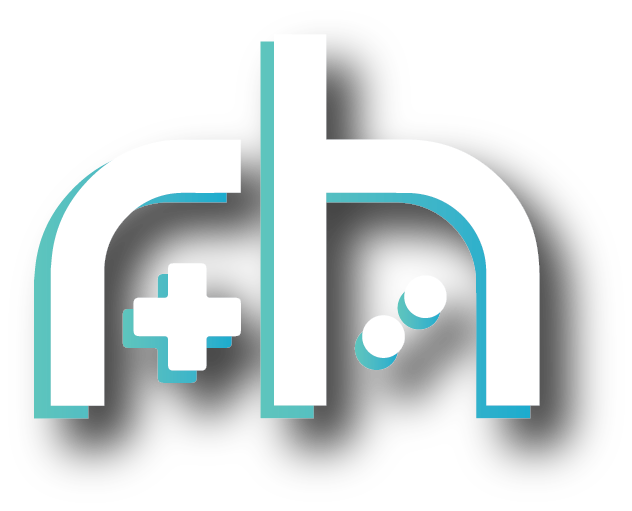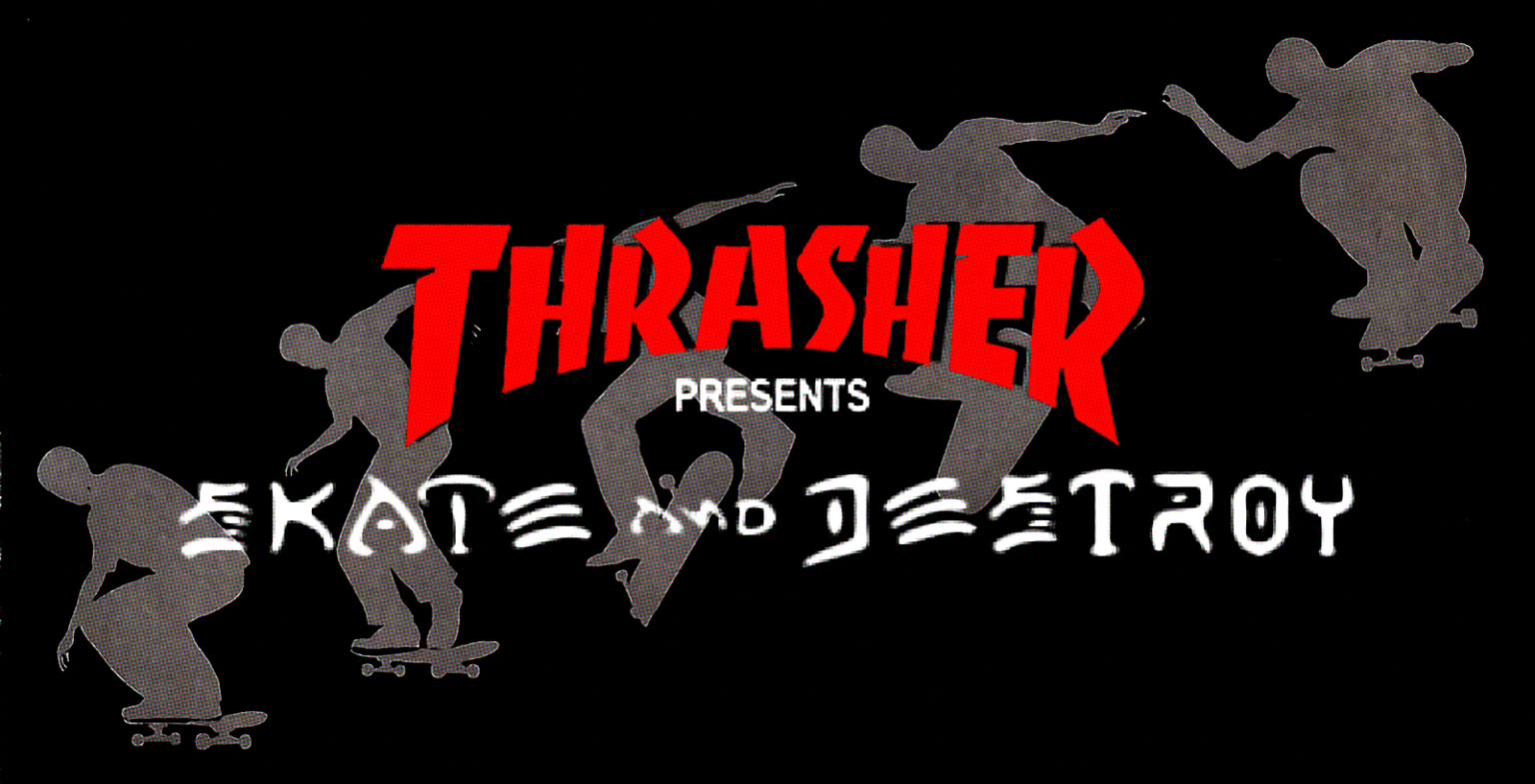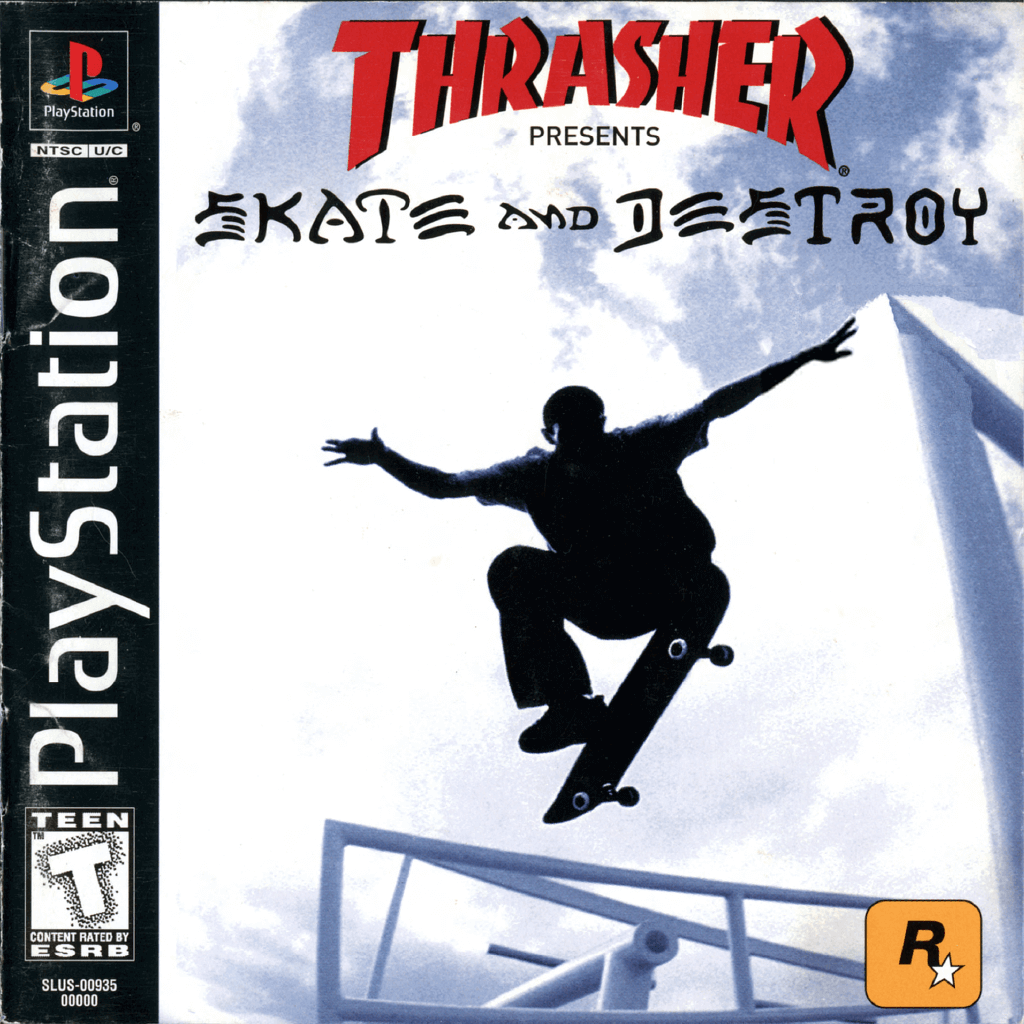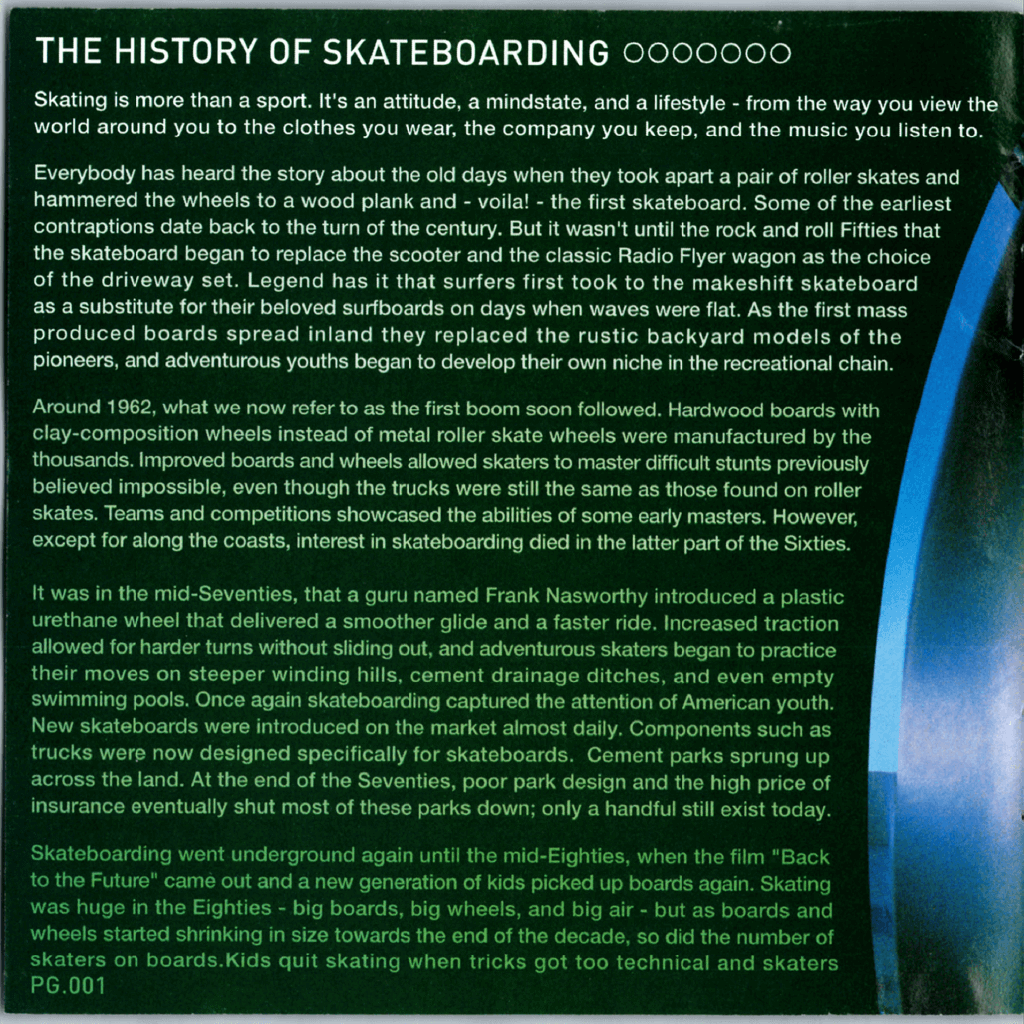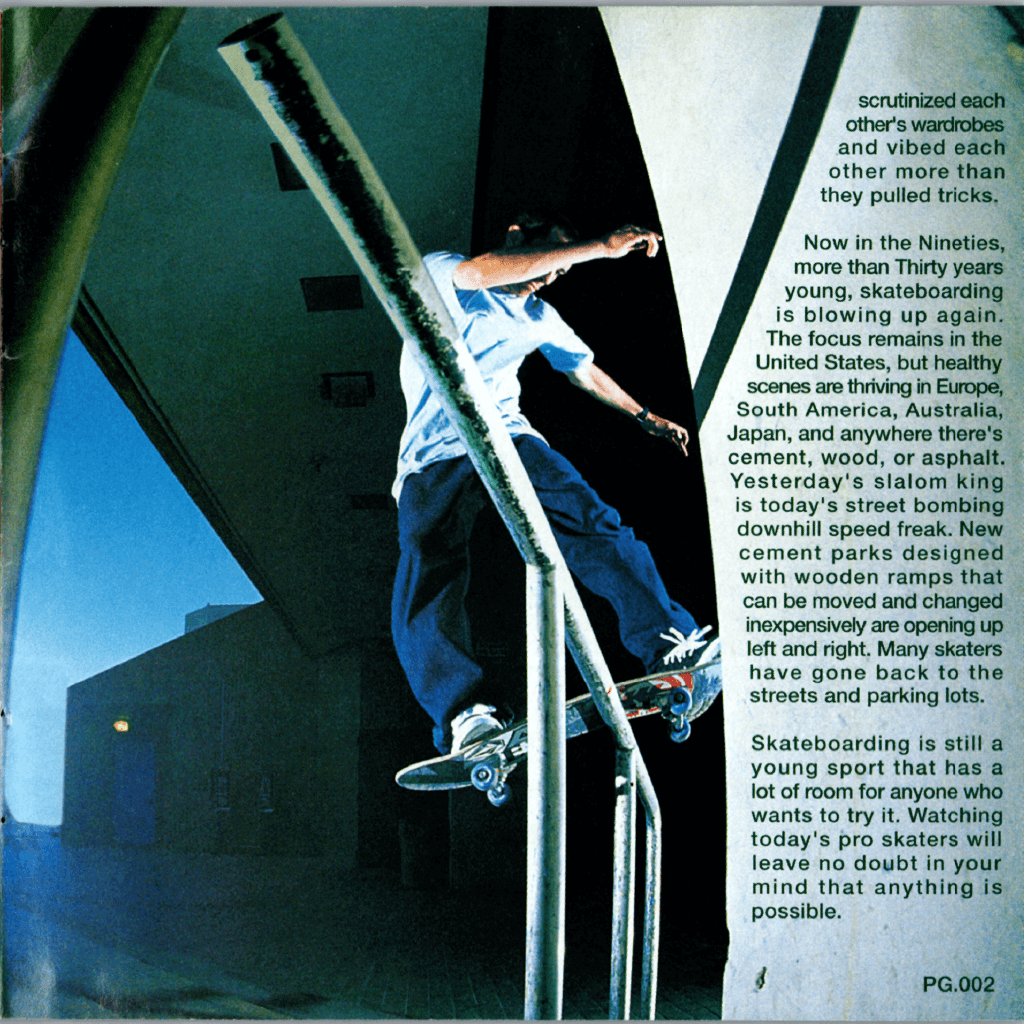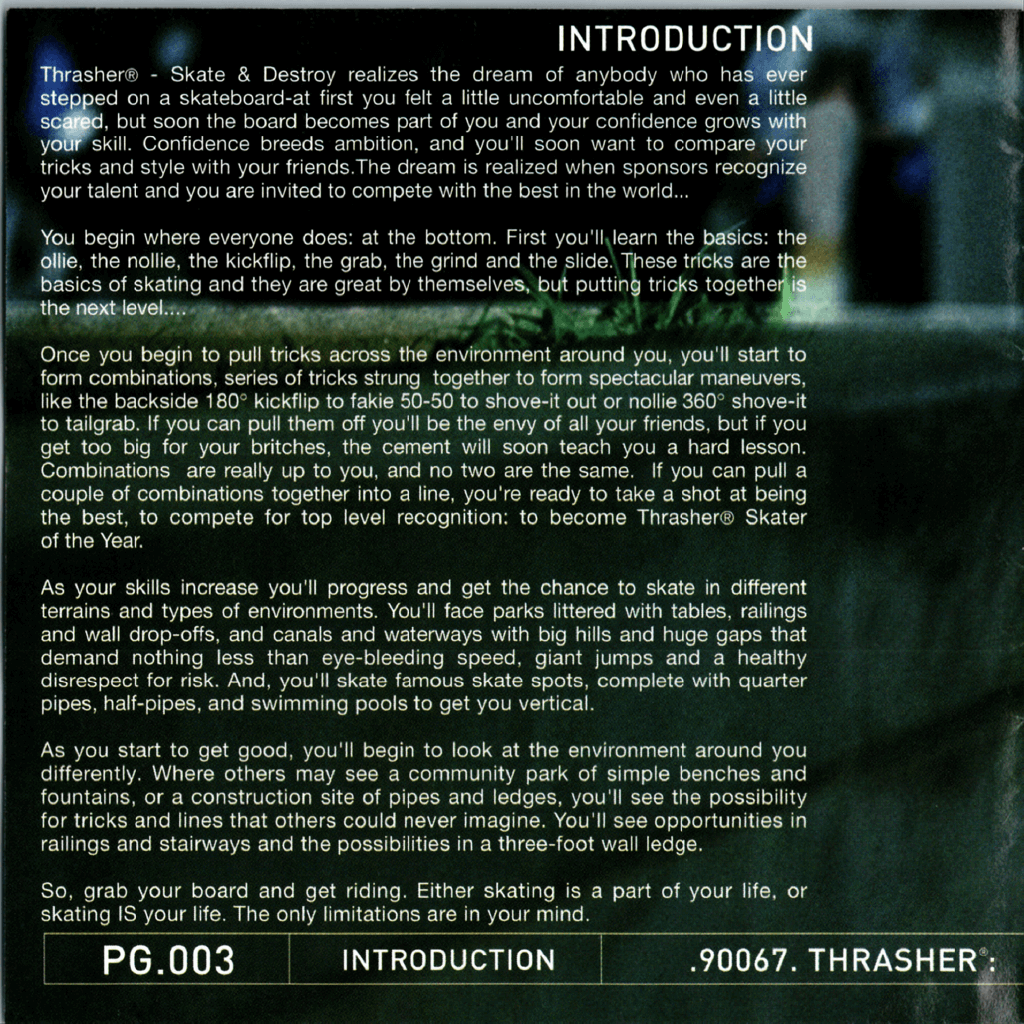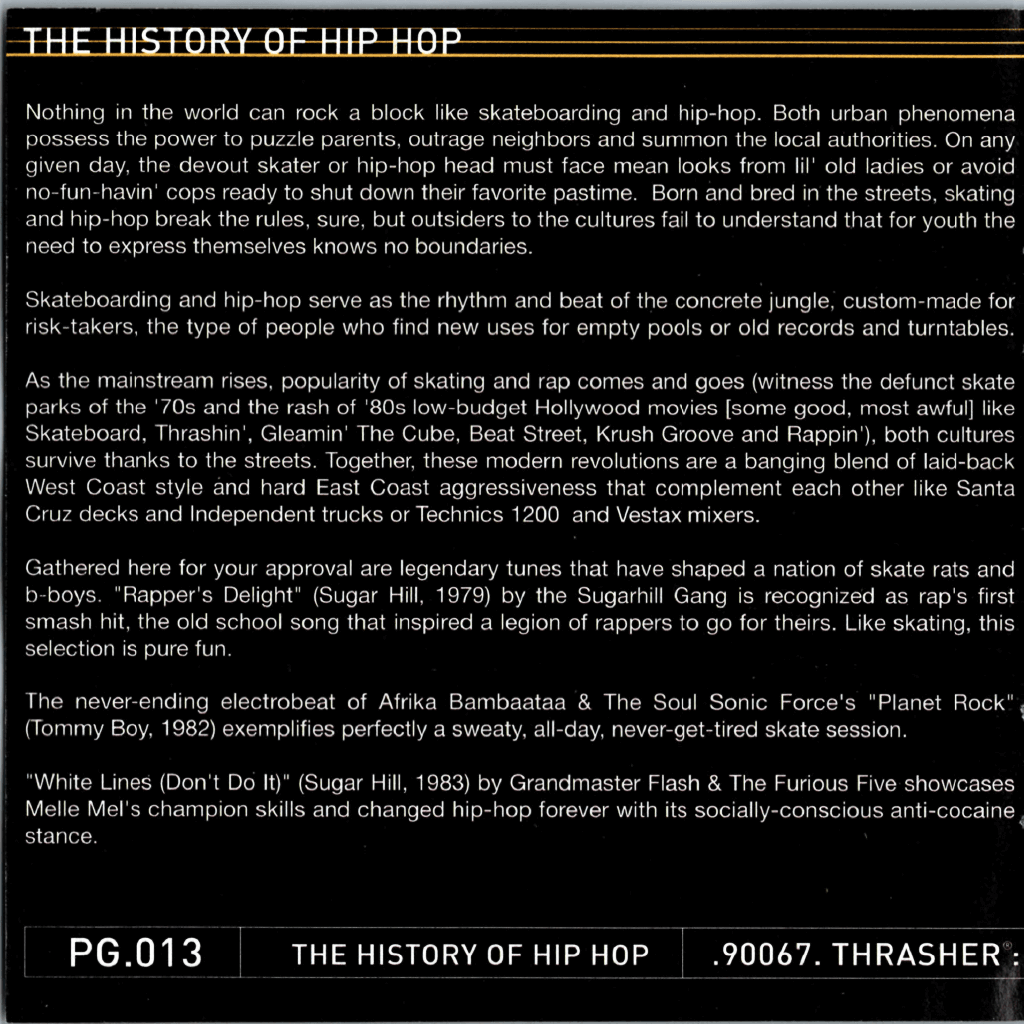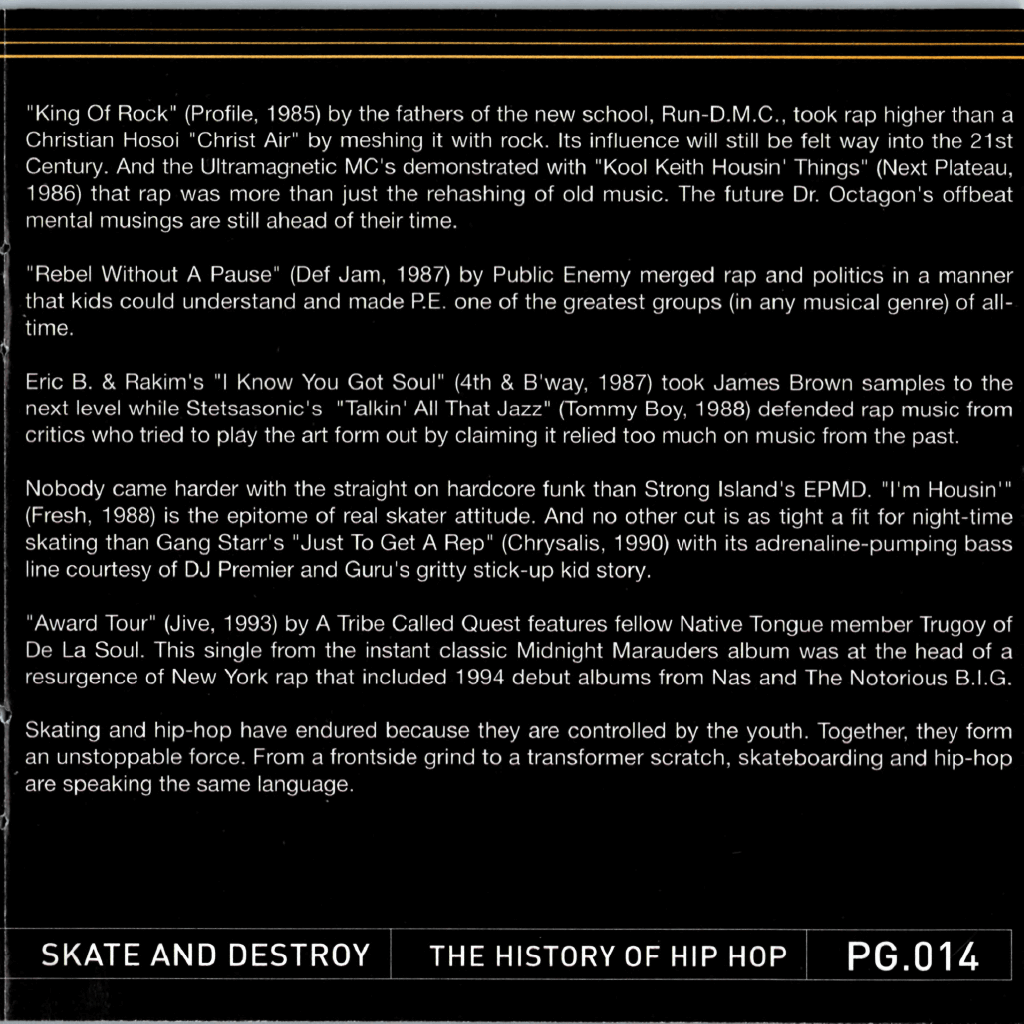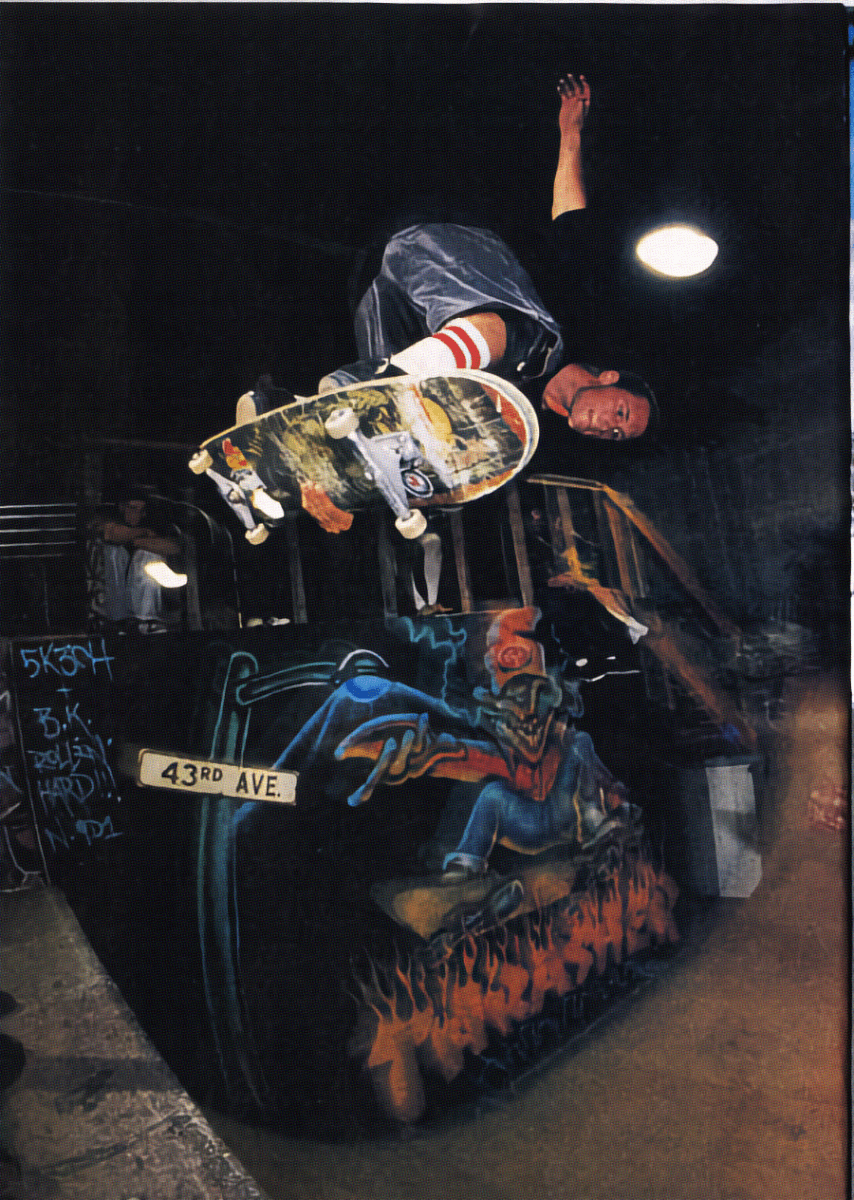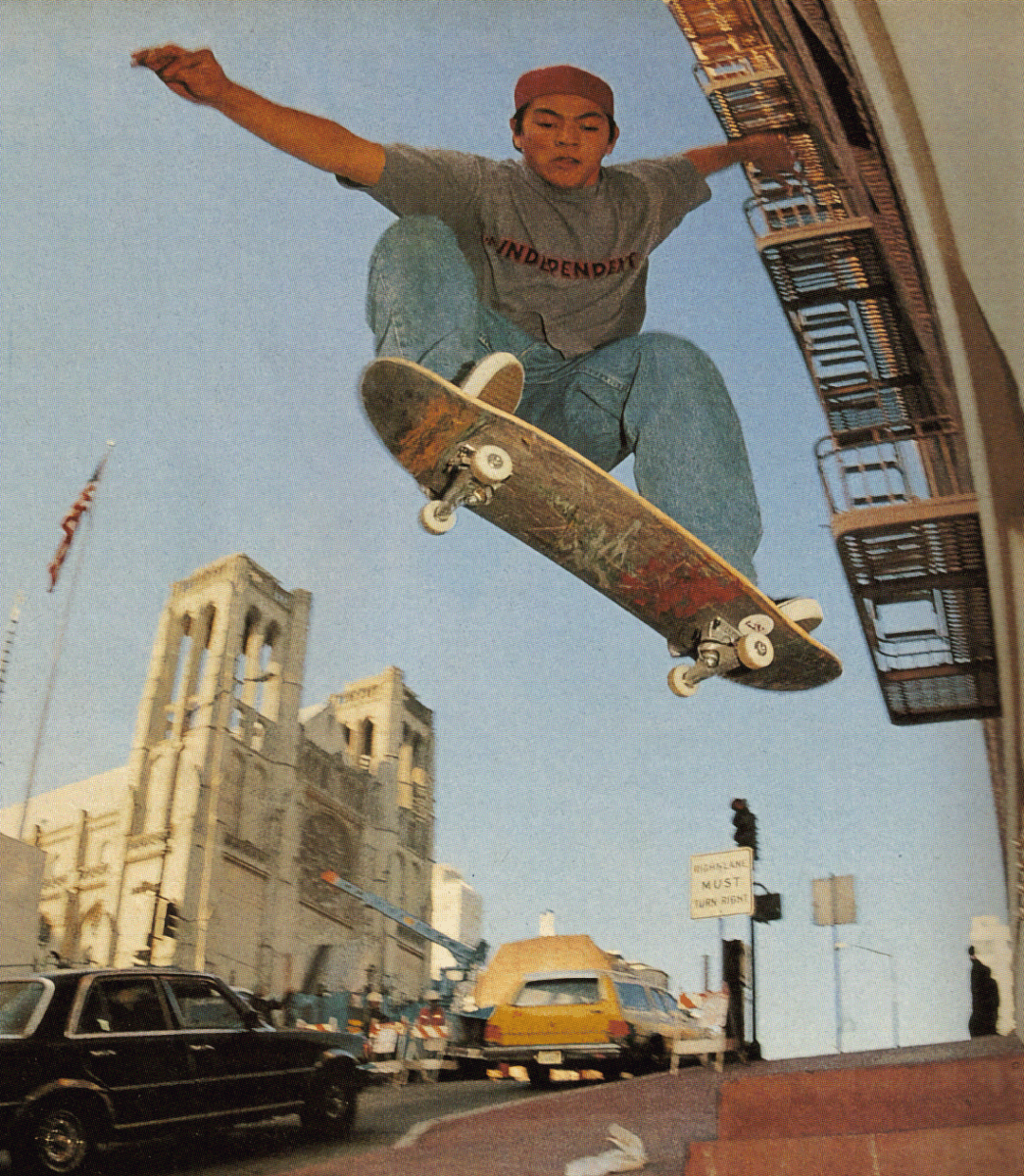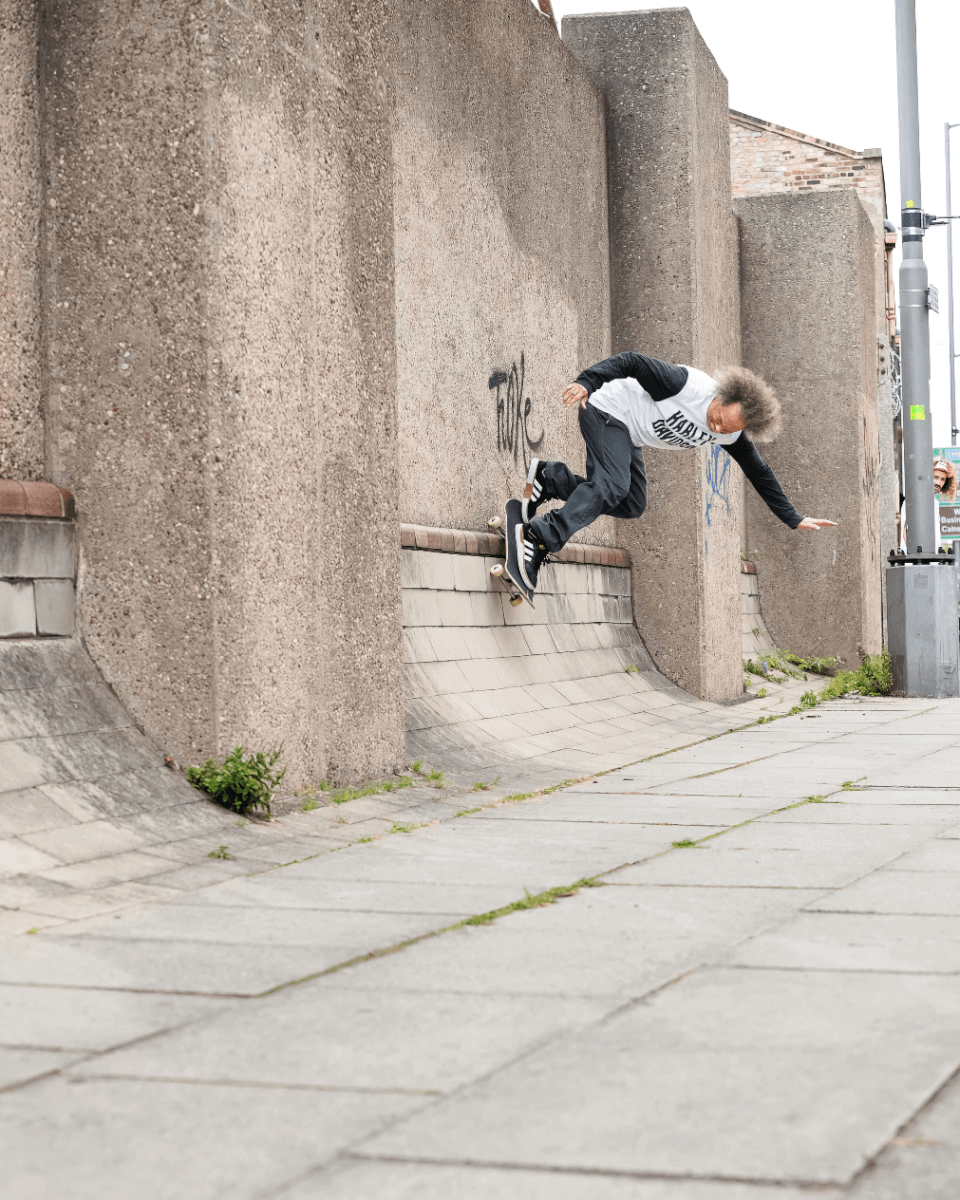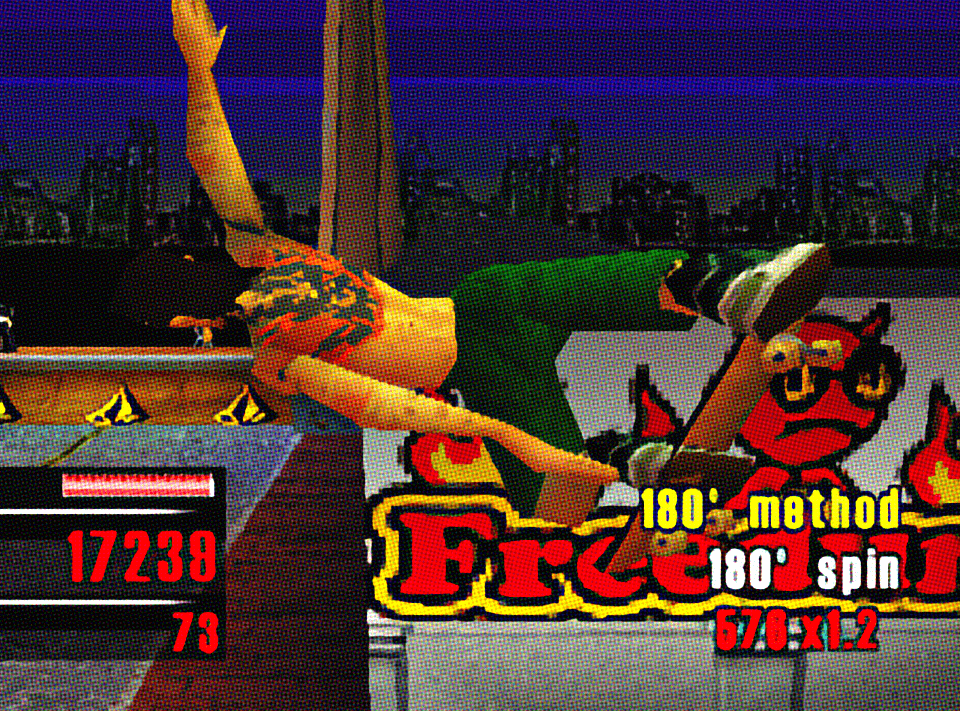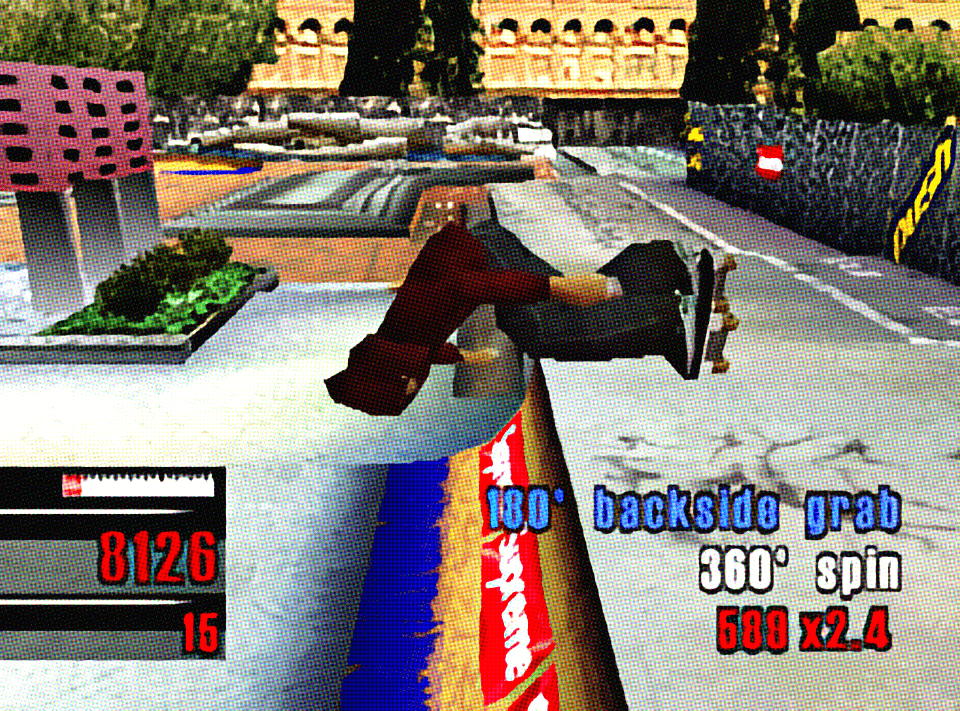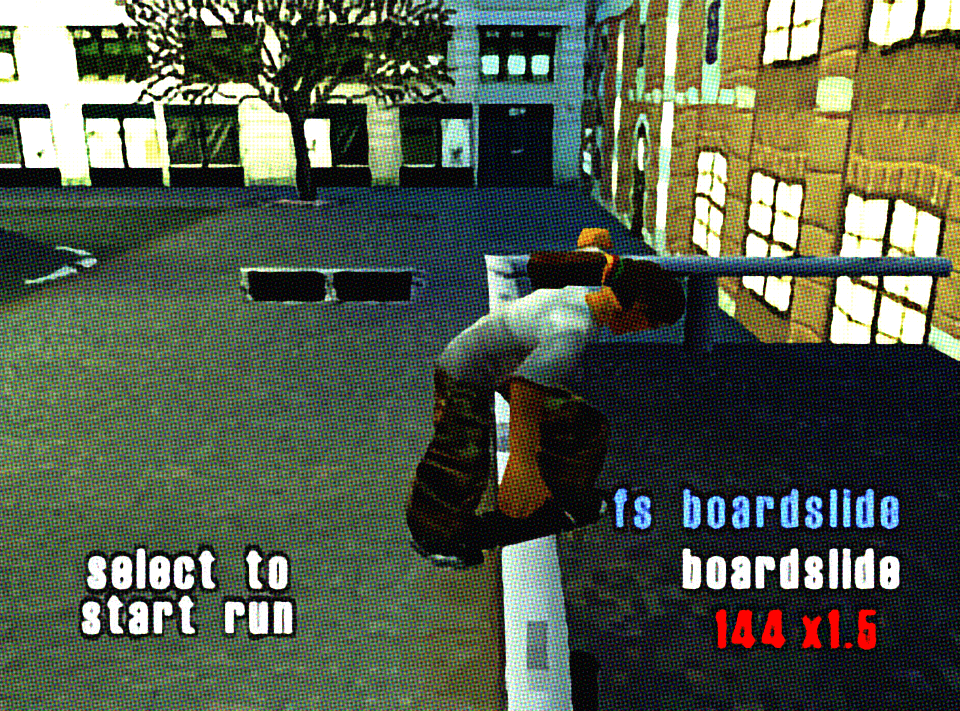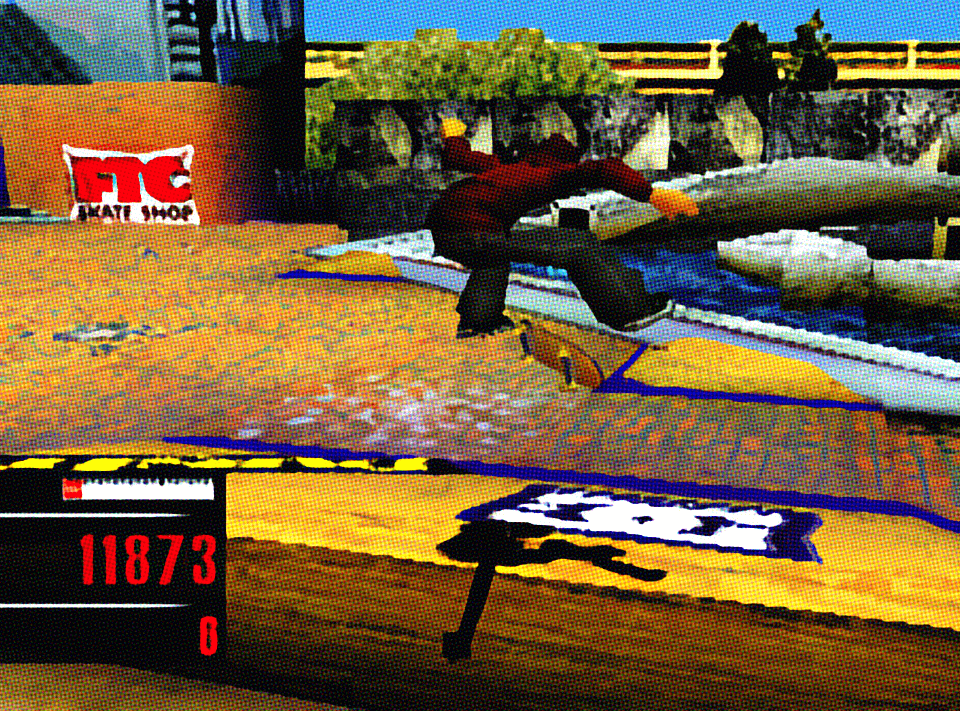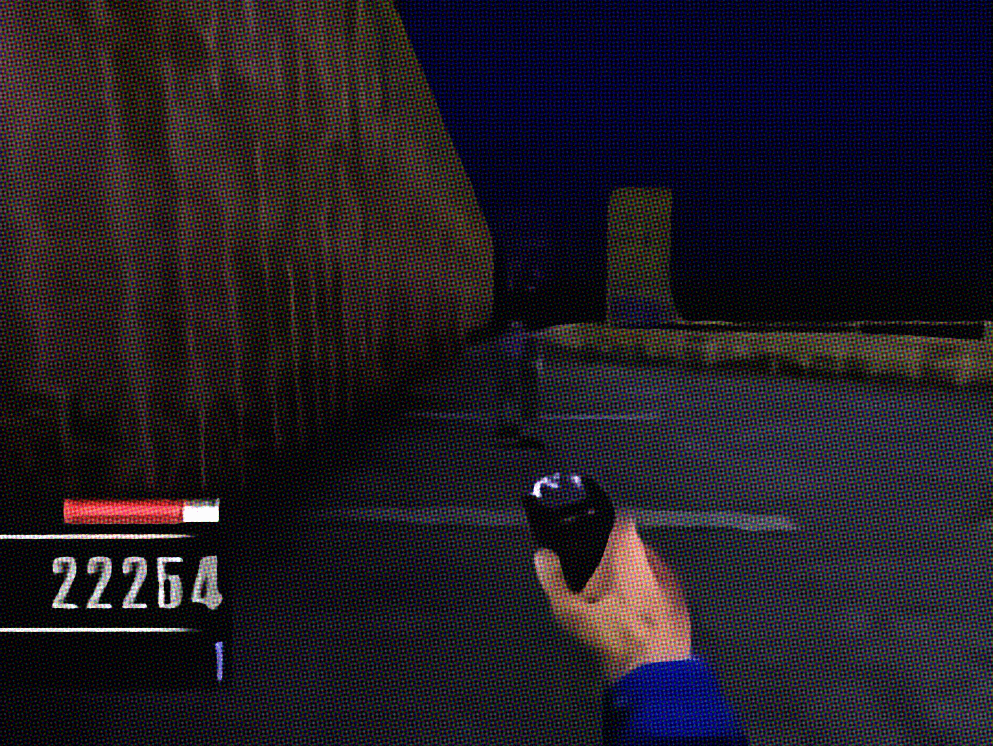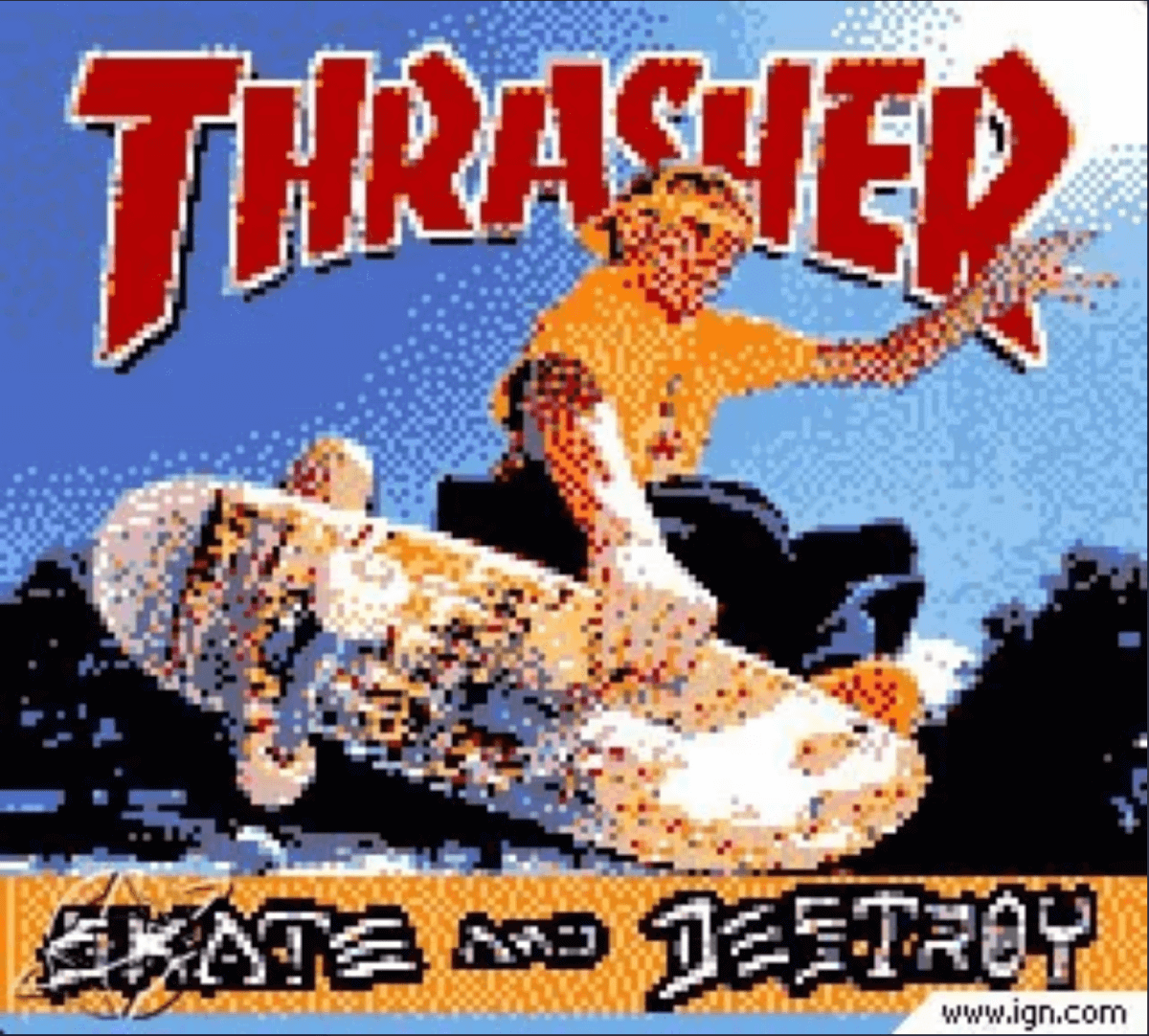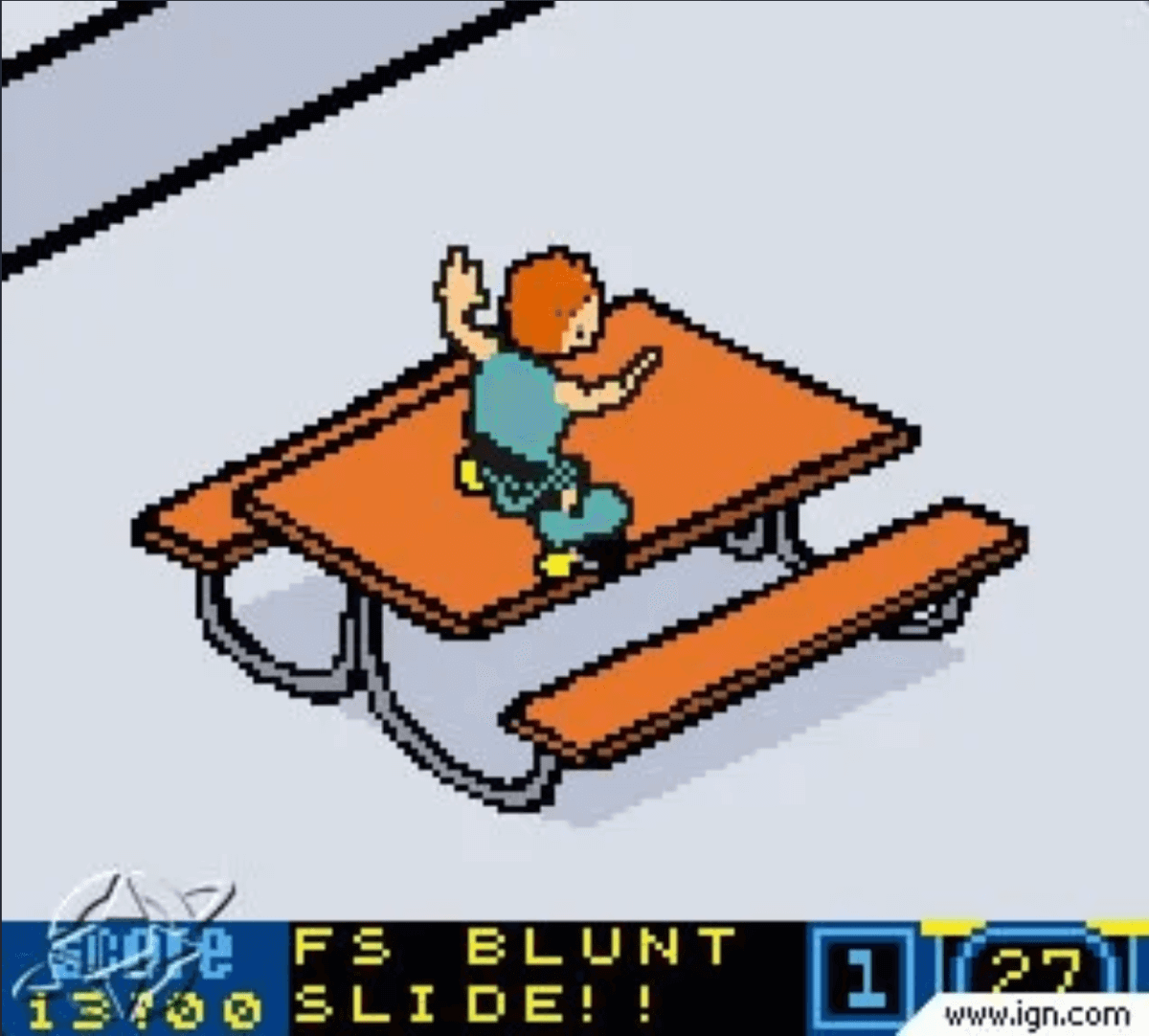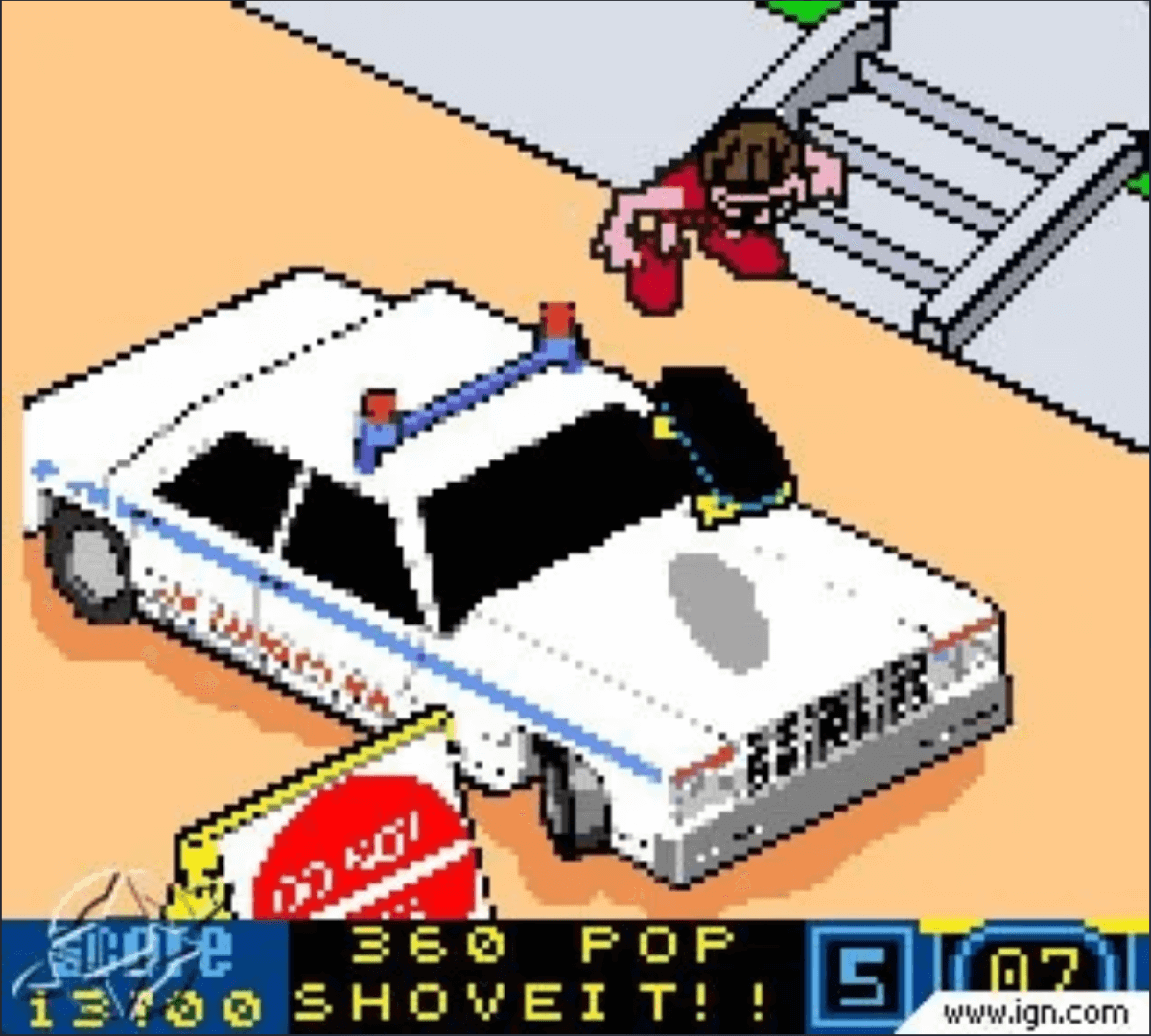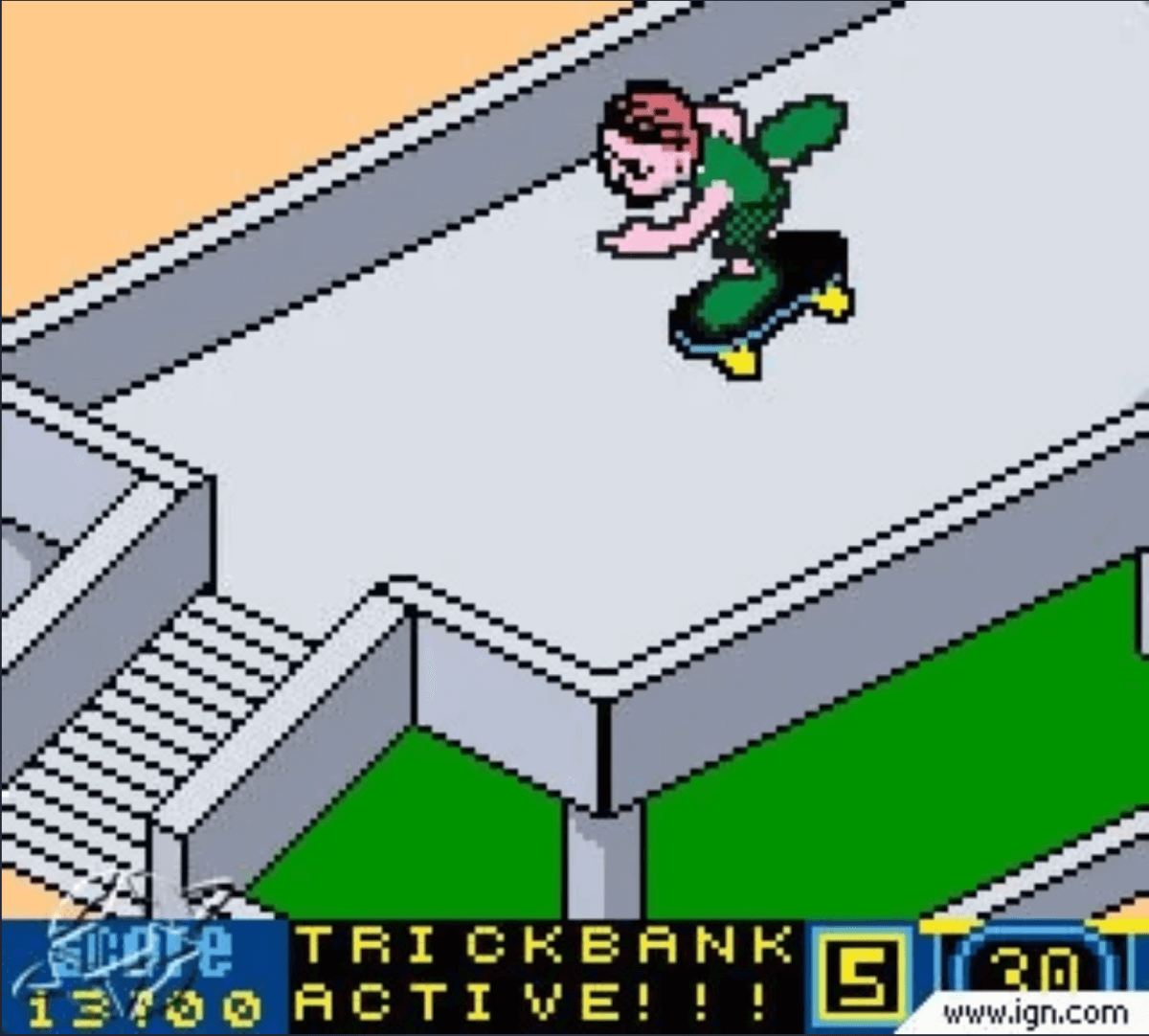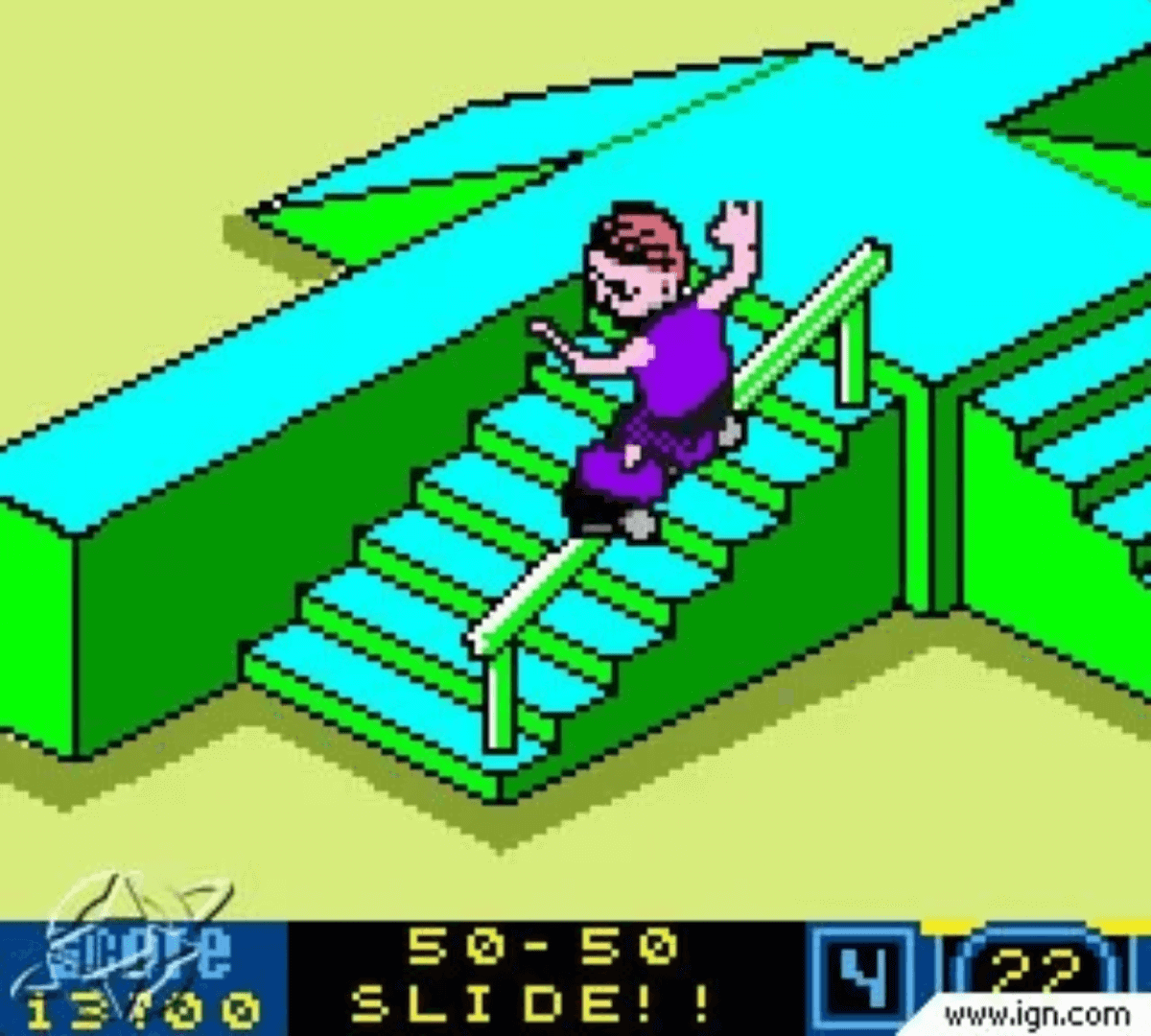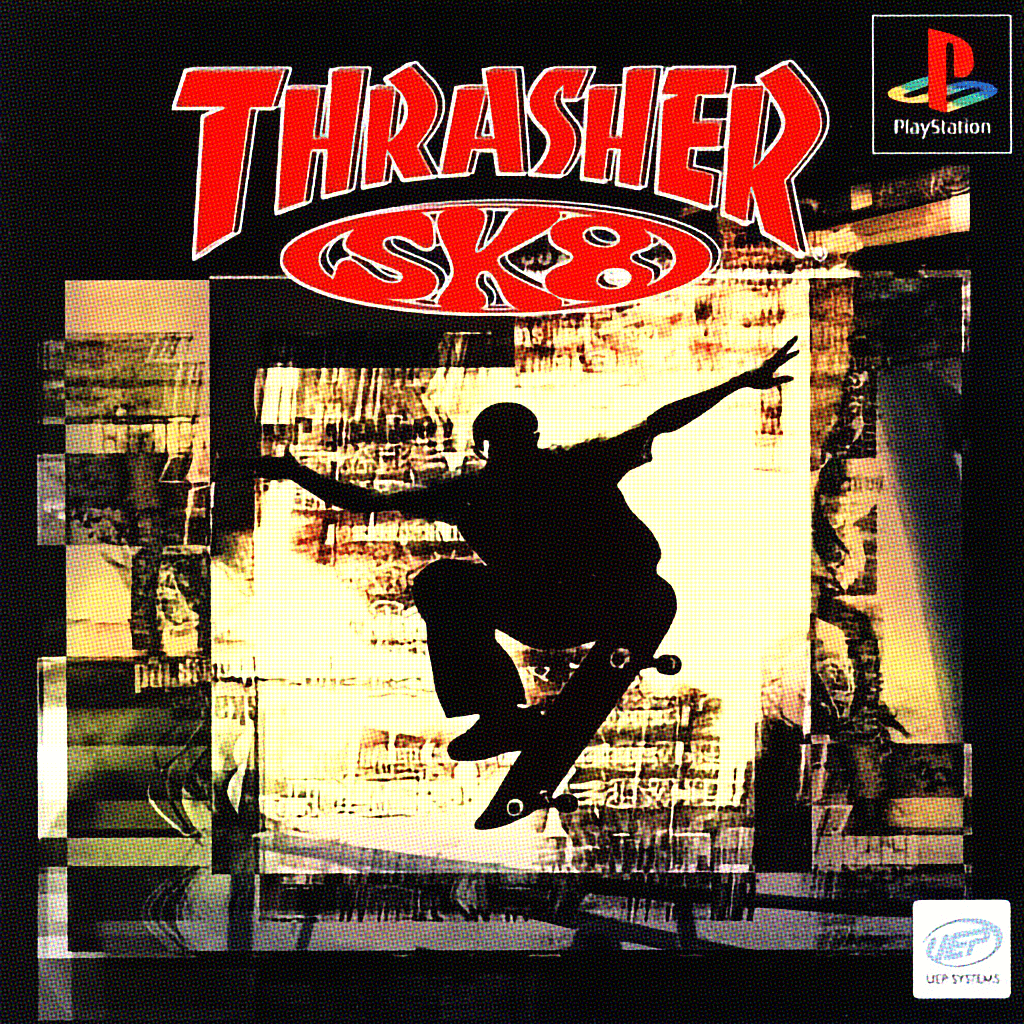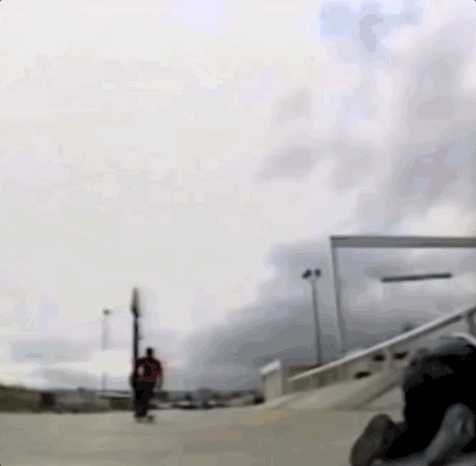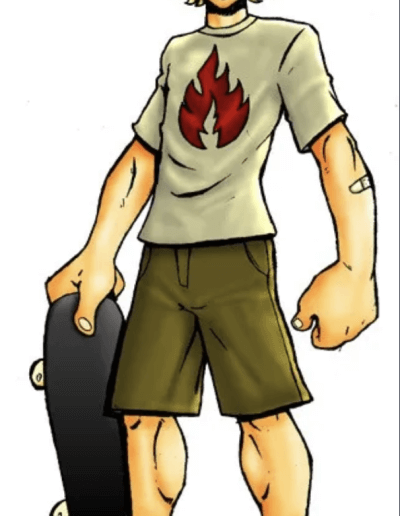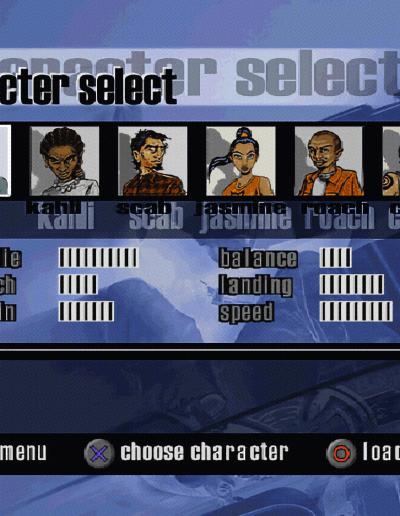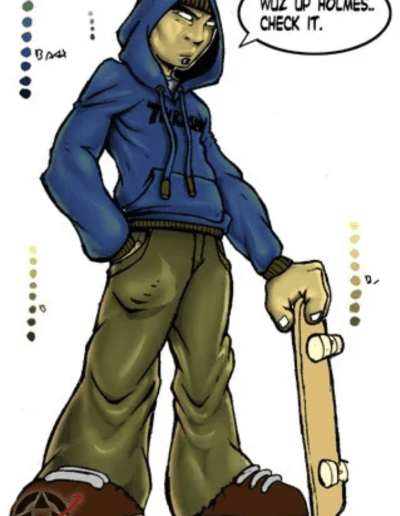This week, pretty much every mainline game in the Pro Skater series is celebrating a birthday, with the legendary Tony Hawk’s Pro Skater 2 turning 25 years old just a few days ago. Of course, talking about those games today would be too obvious, and I’m not ready to dig into such a massive topic, at least not in earnest.
Instead, today’s column is about a game that by most reports beat the Pro Skater series to market by three days, and the game that introduced yours truly to the genre as a whole: Thrasher presents Skate and Destroy (or Thrasher Sk8 depending on where you lived). Whether released a few days before or after, the Thrasher game has the unique distinction of being the only skateboarding game since with no influence taken from the seminal Pro Skater.
While this column typically favors straight-up gameplay footage (above), readers are directed to Retro Maggie‘s excellent playthrough video, which goes into detail about the game’s unique controls and really captures the uniquely frustrating vibe only a late-90s skateboarding simulator can convey. The vibes weren’t just frustrating, though; they were authentic.
While they lacked the roster of skaters that Tony Hawk’s competing game would feature, Rockstar made up for that with a stellar hip-hop soundtrack, a game booklet that read like a fanzine, real sponsors (including Supreme’s first and only video game appearance), and real-life spots like the Brooklyn Banks.
The game’s pedigree was no accident. According to the excellent Jenkem retrospective on the first Pro Skater game, Rockstar and Z-Axis had approached Tony to consult on their game. Depending on who you ask, he declined either because he was already committed to Activision or because he thought the game stunk, leading him to then partner with Activision.
Either way, they got the skateboarder’s bible involved: Thrasher Magazine. Thrasher enlisted Rick Ibasuta and Joey Tershay to consult. What resulted: a borderline impenetrable skateboarding simulator that divided fans, but has rightfully been reappraised as a cult classic.
The game itself featured a totally unique approach to progression. The stats you start with are the stats you have the entire game. Instead, as you beat levels, you earn sponsors and learn new tricks (you have to learn them twice to be able to do them switch). The tricks themselves have to be planned out in advance, and doing huge, physics-defying combos is impossible here.
The structure of each level is also different from its main competition. As you start most levels, you freeskate with no timer. Once you’ve mapped out your lines and scoped out your favorite spots, you can start the timer yourself. Then, you skate the lines you’ve practiced, aiming for a high score. Once you’ve gotten that score, you need to exit the level before the timer ends, otherwise you’ll get chased by security and tased, or in a fun nod to classic title 720º: a swarm of bees.
Speaking of 720º, the game also spawned a Game Boy Color version clearly inspired by Atari’s arcade classic. The portable version featured an isometric view, similar reconstructions of classic spots, and the option to place your own obstacles anywhere in the level, something that wasn’t even in the Pro Skater series yet.
Unfortunately, mergers and acquisitions meant the seemingly finished game was shelved and eventually lost to time. Even now, it’s considered a holy grail in lost media circles, with some fans even bugging Director Alan Blaine on LinkedIn. (I’m sorry, Alan, but if you do have it, reach out to me at ji*****@************ds.gg)
As mentioned before, the game featured no pro skaters; instead, it featured some generic representations of different skaters within the culture. Unfortunately, it didn’t just borrow some vibes; they borrowed legendary skater Danny Gonzalez‘s likeness and actual footage of him for the cover and game’s intro, causing a short but ugly legal battle that did nothing to help the game’s popularity against the massively successful Pro Skater game.
Aside from the legal battle, there are a number of reasons this game will likely never see a re-release. It came out at the worst possible time, being harder, slower and uglier than the cultural juggernaut that is Tony Hawk’s Pro Skater. It was released as Z-Axis was undergoing some major changes to its business, before eventually shuttering altogether in 2010. It was published by a company that hasn’t published a sports game since (though GTA: San Andreas features a BMX competition, and Bully featured a terrible skateboarding mini game).
Reviews also weren’t exactly unanimous at the time, either. While overall it was received fairly well, some reviews weren’t so kind. NextGen called it “a sim that’s tedious, not fun,” which is a fair criticism. Others, however, made misguided complaints about the speed and overall vibe not matching what they perceived as skate culture. One review only had this positive thing to say: “good explanations of the modes in the game.” OUCH.
Though it may not ever be revived, its spirit lives on in upcoming and recent skateboarding games like Skater XL and Session, whose developers mention the game by name in this article from Game Developer. It’s also seen cultural reassessment by modern gamers and skaters alike. Additionally, it is perfectly suited for emulation and relatively cheap to purchase on the used market.
While overshadowed by its contemporaries, Thrasher presents Skate and Destroy carved out its own authentic niche in the skateboarding game genre with its unique simulation-style gameplay and genuine aesthetic.
Despite legal battles and business bullshit hindering its initial success and handheld port, the game’s influence endures. Today, it stands as a cult classic, inspiring modern titles and finding new life through emulation, ensuring its distinct spirit continues to both skate and destroy.
What did you think of this article? Let us know in the comments below, and chat with us in our Discord!
This page may contain affiliate links, by purchasing something through a link, Retro Handhelds may earn a small commission on the sale at no additional cost to you.
